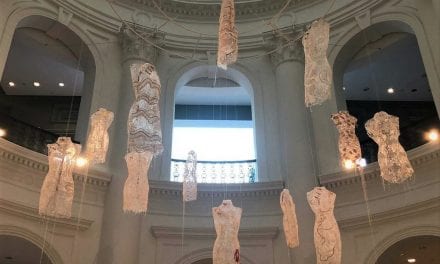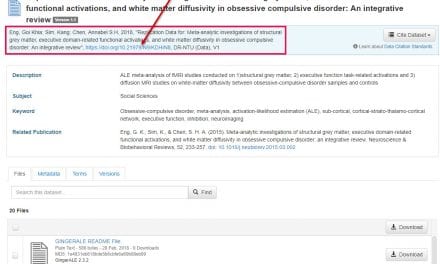It depends!
Before jumping into the answers, ask yourself the following question first:
“Have you signed any agreement with third parties such as project funders, collaborators, resource providers, publishers, etc. where terms on intellectual property (IP) ownership are set out?”
You would need to abide by the terms which you have signed. If you are not the principal investigator (PI), discuss with him or her to find out more about those IP terms.
According to the NTU Intellectual Policy, NTU staff or students own the copyright of their works except for the following circumstances:
(i) If the Work is created in the course of or pursuant to a grant or agreement between the University and an external party, copyright ownership is subject to the terms on intellectual property ownership set out in the relevant grant or agreement; or
(ii) If the Work is created by a non-faculty Staff Member or Student in the course of his or her employment with the University; or
(iii) If the Work is commissioned by the University or is created at the direction of the University for a specific University purpose; or
(iv) If the Work is created using funds provided by or through the University for such purpose.
Very often, journal publishers would require you to sign away the copyright of your journal articles to them. However, before you sign away your rights to the publisher, find out the following:
- What are your obligations to your funding agencies?
- What are your obligations to NTU?
- What rights would you like to retain?
Singapore funding agencies such as the National Research Foundation, Ministry of Education, A*STAR, National Medical Research Council require open access for your research papers. NTU Open Access Policy requires open access too. Consider the use of the SPARC Author Addendum to negotiate with the publisher the rights which you would like to retain for your journal articles. Excerpt from the addendum: “For example, Author may make and distribute copies in the course of teaching and research and may post the Article on personal or institutional Web sites and in other open-access digital repositories.”
How about the case of research data? According to the NTU Research Data Policy:
5.1.1 The University owns all research data produced by research projects conducted at or under the auspices of NTU regardless of funding source, unless specific terms of sponsorship, other agreements or university policy supersede these rights.
5.1.3 The University assigns automatic rights to the PI and his/her designated researchers to use and publish all research data arising from their project for non-commercial purposes only.
NTU owns the copyright of your research data unless otherwise specified in grants, agreements, etc. In this case, the principal investigator and his/her designated researchers have the right to use and publish their research data for non-commercial purposes.
According to the NTU Research Data Policy, the default license to share your research data on the NTU research data repository DR-NTU (Data) is CC-BY-NC, which is a Creative Commons license that allows non-commercial purpose reuse (including copying, distribution and making adaptations) but requires attribution.
The Policy also states the following:
Hence, if you’re approached by any journal or research data publishers to ask you to sign away the copyright of your research data, please do not agree to do so.
In a nutshell, as an author of research papers and creator of research data, it is to your advantage to learn about your intellectual property related obligations towards relevant third parties such as project sponsors and funders, your affiliated institutions, your research collaborators via research collaboration agreements, third-party data reuse terms, etc.. Doing so will place you in a better position when designing your strategies to optimise your leverage of your research outputs.







